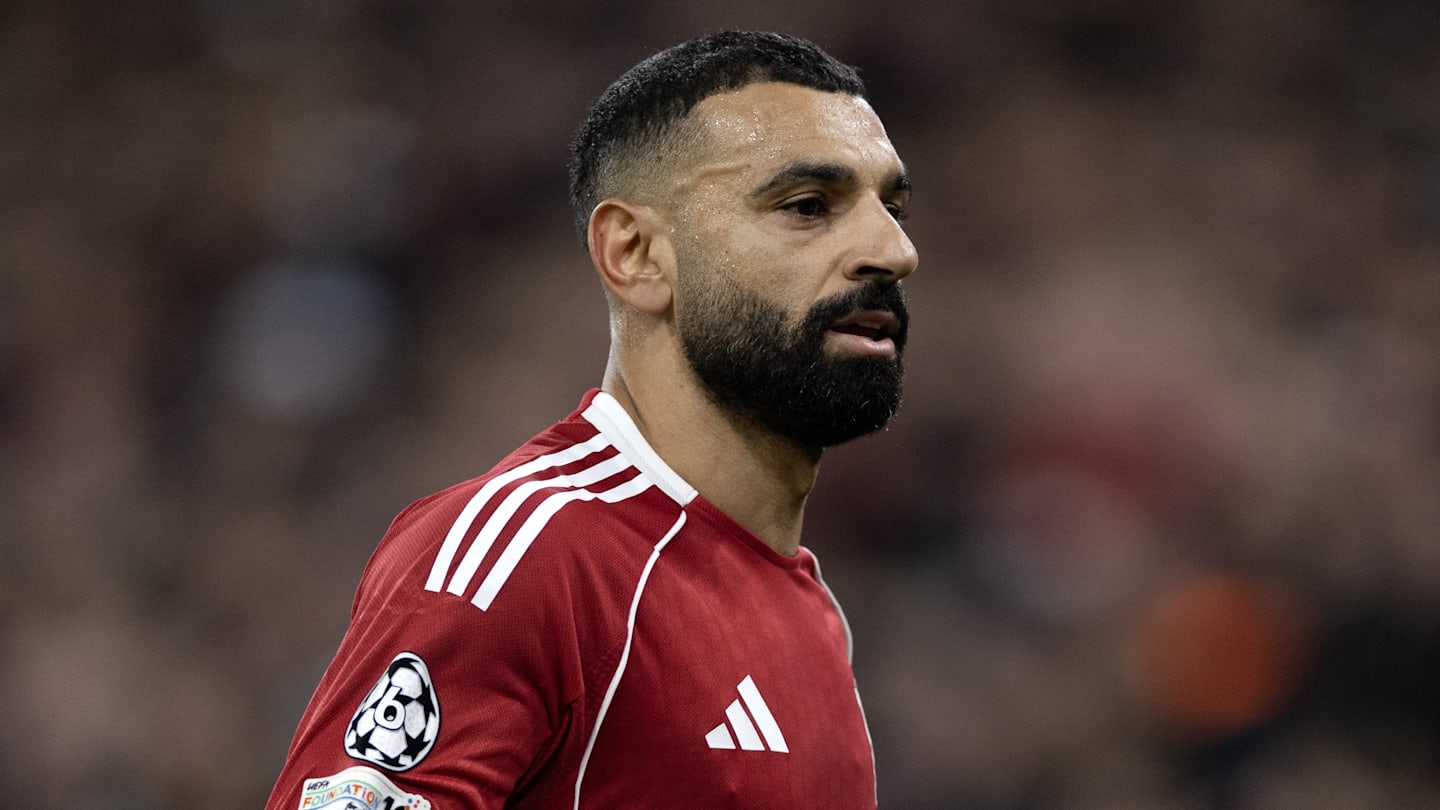Miami defeats Cincinnati for Victory Bell
Miami University snapped its 16-year drought from the Victory Bell, the trophy for the historic rivalry between the football programs of Miami and the University of Cincinnati. On Saturday the RedHawks defeated the Bearcats in overtime, 31-24.
Cincinnati had won the 16 previous meetings for the Battle of the Victory Bell in what was the longest streak the rivalry had seen in its 135 years. The rivalry is also now split at 60 wins apiece.
UC Miami 5 observations on UC football’s Victory Bell loss vs. Miami University
UC Big 12 Fox Sports bringing ‘Big Noon Kickoff’ show to UC for Big 12 opener vs. Oklahoma
Miami improves to 2-1 on the season, while Cincinnati picks up its first loss to also fall to 2-1.
For Cincinnati, a season full of groundbreaking Big 12 action is ahead, and for Miami, the win against Cincinnati is clearly the biggest of the season.
“It means everything. For Miami, it means everything,” Miami head coach Chuck Martin said.
What it means for Miami
Other than everything, Miami’s win over Cincinnati means a shift in the 16-year power balance that skewed in the Bearcats favor and looked to be at a point of no return. After the game Martin pointed out the disparity in the results throughout his 10 years as head coach. He pointed out the physicality and all the differences the two programs could have. Yet, the streak ended.
Coach said that throughout his tenure at Miami he’s heard the question, “when’s the Bell coming home” over a thousand times.
“But it doesn’t bother me at all,” he said.
For the school and any students, staff, and alumni, Cincinnati is looked at as the pinnacle of rivalry on the football field. Even regardless of any interest in sports, the people associated with Miami University keep an eye on what’s going on with the Victory Bell, according to Martin.
“There’s fans that don’t really care about football, and not every Miami alum cares about football, but they care about this game,” Martin said. “Every Miami person cares about this game.”
Martin mentioned the level of emotion and fulfillment that comes to all the staff that has traveled around the country the past three weeks. In week one, the RedHawks traveled to Miami (Fla.), then a week later traveled to take on the University of Massachusetts before coming to Cincinnati. Looking around the locker room at all the staff after the game, Martin said “this is why we come in at 8 a.m.” The long hours are for moments like Saturday, for staff and for players.
Regarding his players, Martin mentioned the legacy this win now carries.
“I told the kids: it’s been a while. If you can be the group that wins it, people will remember you forever. People will talk about this win for a long time, especially how it happened,” he said.
How did it happen?
The specialty of special teams, for one. With 13 seconds left in regulation Cincinnati lined up a 35-yard field goal with the scored tied, 24-24. Miami defensive back Yahsyn McKee, on the kick, timed his rush perfectly to tip the attempt and send the game to overtime.
“We talked about how we had to have one giant special teams play,” Martin said. “Our punter was great, our coverage was great, but I said if we’re going to beat Cincinnati, we’re going to have to have a game-changing special teams play.”
Martin labeled McKee’s block as one of those plays.
“Players make plays, and he’s a great player,” Martin said of McKee.
Side note: McKee also made the game-sealing interception from Cincinnati quarterback Emory Jones on the last play in overtime.
Miami’s red zone defense, including McKee’s interception, was the other point of interest from Martin after the game.
The RedHawks defense forced three field goal attempts, had an interception, and forced a turnover on downs in five of seven Cincinnati red zone appearances. Martin made a point to mention how the game could have swung in favor of Cincinnati early, if not for Miami’s goal line defense. His point is most clear, though, thanks to McKee’s interception that put a lid on the game.
“The goal line stands, that was the difference in the game,” Martin said. “When we got down (in the redzone on defense) we just kept fighting. Our defense kept finding ways to get stops down there.”


